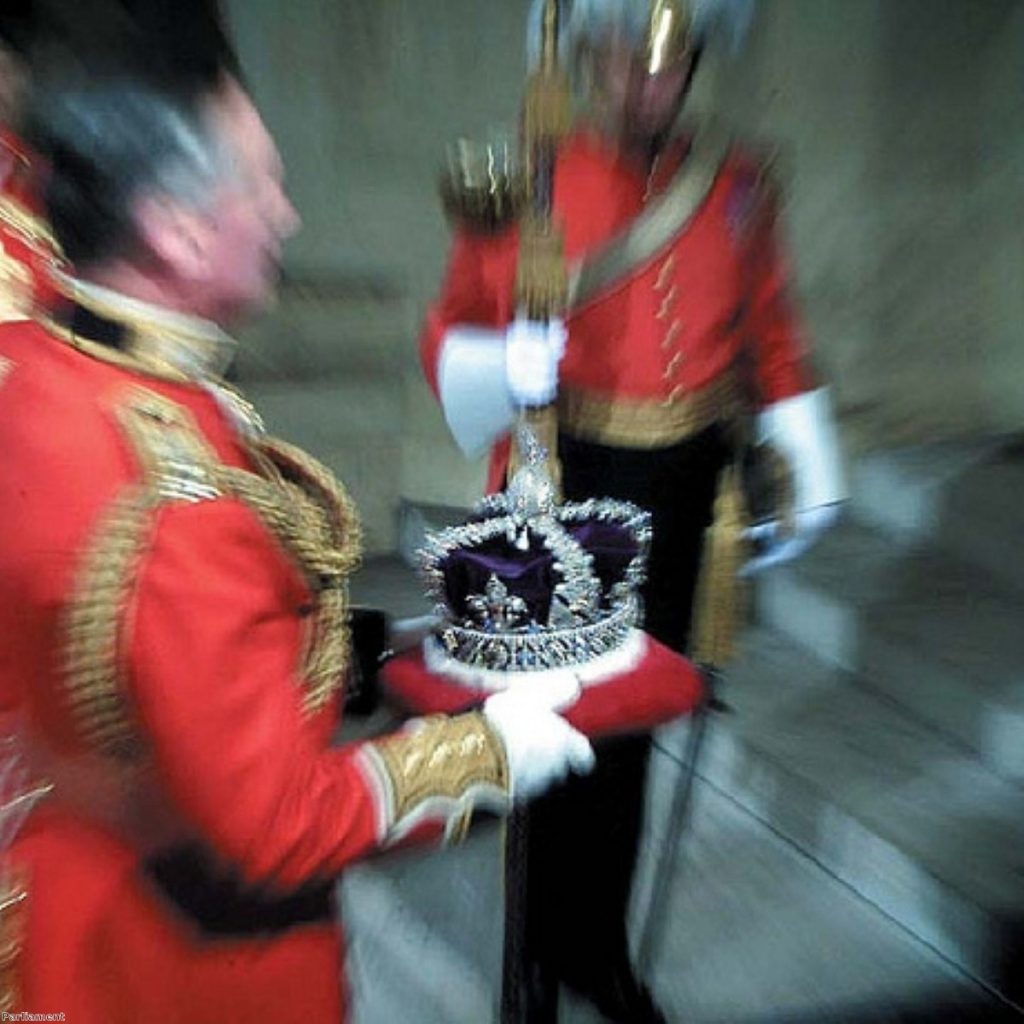Still powerful, still unaccountable: Full extent of royal veto power revealed
The Queen and Prince of Wales have been offered a royal veto on legislation at least 39 times, it has emerged.
The revelation comes after parliamentary lawyers were forced to release a document the government had fought to keep secret in an unsuccessful freedom of information battle.
Only legislation which affects the interests of the Crown requires the consent of the monarch.
But the list of bills affecting the royal family is surprisingly long. Civil partnerships were offered the royal veto because a declaration about the validity of a civil partnership "would bind the Queen".


New Labour's 2004 tuition fees legislation was included because the bill "affected the Crown's jurisdiction as a visitor of universities and Oxbridge colleges".
The royal household's staff meant the Queen had a say over issues including child maintenance, national insurance contributions and pensions.
"There has been an implication that these prerogative powers are quaint and sweet but actually there is real influence and real power, albeit unaccountable," scholar John Kirkhope, who sought the papers for postgraduate study at Plymouth University, said.
Buckingham Palace has said the Queen only rejects legislation when advised to do so by ministers.
That was what happened in 1999, when Labour backbencher Tam Dalyell's private member's bill on Iraq was vetoed by the Queen.
The military actions against Iraq bill sought to shift the power to approve military strikes against Iraq from the monarch to parliament.
"This is opening the eyes of those who believe the Queen only has a ceremonial role," Lib Dem backbencher Andrew George said.
"It shows the royals are playing an active role in the democratic process and we need greater transparency in parliament so we can be fully appraised of whether these powers of influence and veto are really appropriate.
"At any stage this issue could come up and surprise us and we could find parliament is less powerful than we thought it was."
Royal prerogative powers are now effectively controlled by the government. They include the power to appoint the prime minister, summon or prorogue parliament, make treaties and wage war.
Dalyell refused to blame the Queen for the veto against his 1999 bill, however. He said at the time he would not go "crawling" to the monarch because "this has nothing to do with her".









